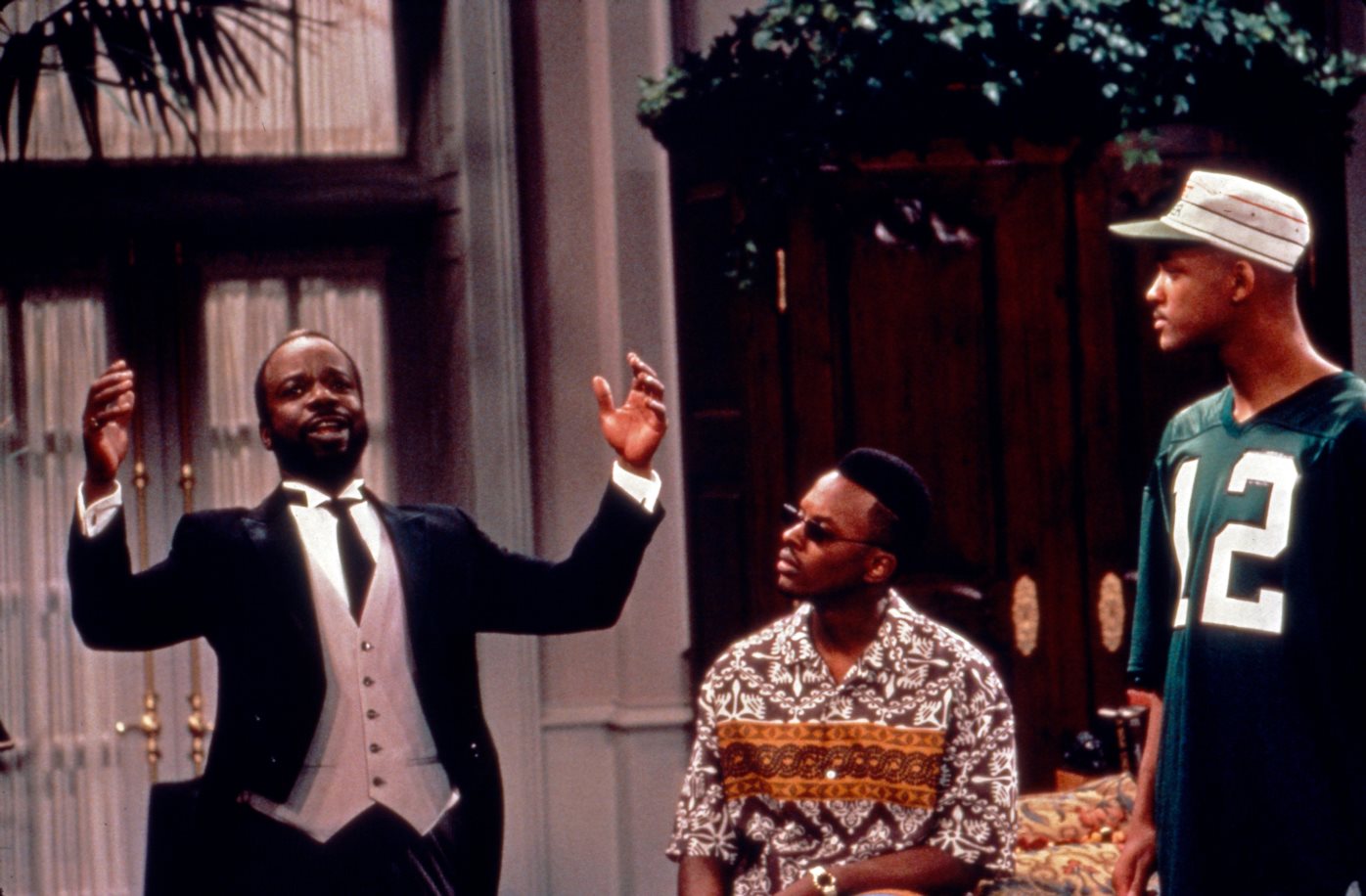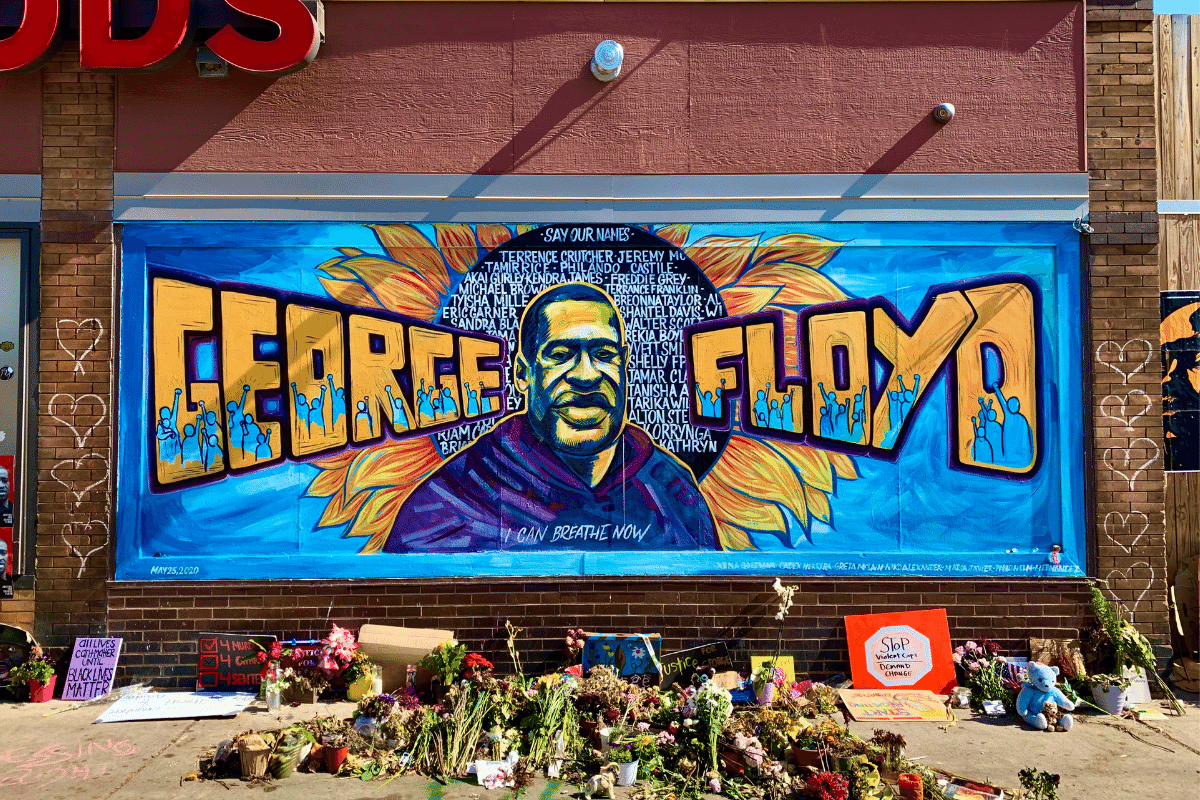Culture Wars
Racial Slurs and Deferential Condescension
We are effectively being told that, at this truth-seeking institution, it is inappropriate for us to utter certain indisputably true statements, because the value of truth is trumped by the emotional states of one or another demographic.

Over the last week, Western University (where I am currently enrolled) has been mired in scandal over an instructor’s decision to utter a racial slur during a discussion of popular culture in his English literature class. More specifically, the instructor (Andrew Wenaus) suggested that Will Smith’s use of the phrase “home butler,” in a 20-something year old episode of The Fresh Prince of Bel Air, may have been a subtle reference (sanitized for consumption on syndicated television) to the phrase “house nigger,” which was, during the pre-emancipation period, used to refer to black slaves who worked in the household.
It is, I suppose, debatable whether Smith’s use of the phrase “home butler” was in fact intended by the show’s writers as a reference to the aforementioned slur. It is not, however, debatable whether or not this slur was used to refer to black slaves who worked in the household. That is a straightforward historical fact.
For daring to articulate this fact in his classroom, Wenaus has been dragged on social media (and by the local press) as racially insensitive at best, and a racist at worst. He has had to issue a public apology, along with promises to undergo additional sensitivity training, and Western’s president has established a specialized task-force aimed at combatting systemic racism on campus (of which Wenaus’ utterance apparently constitutes evidence). Meanwhile, Western’s Ethnocultural Support Service has issued a statement reminding the university community that it is always inappropriate for a white person to utter the offending term, “regardless of intent or how they said it.” This preempts any possible appeal to the presumptively anti-racist intentions behind Wenaus’s lecture, or to the crucial distinction between the use and mention of a term.
Such considerations are—or so we are now told—irrelevant to the question of whether Wenaus is guilty of a racist infraction. They are, in effect, trumped by the emotional reactions of the black students who were present, to which everyone else is being asked to defer. This deferential standard basically asserts that white people have no right to an opinion about what is or is not racist, and that to suggest otherwise is a mark of racial privilege. So, if a black student declares that Wenaus’s utterance was racist, then it was racist. End of discussion.
The deferential standard is self-defeating in at least two ways. Firstly, it is unable to account for the fact that there will inevitably be differences of opinion among black people about whether a given incident or statement is racist. Although several black people at Western have objected to Wenaus’s remark, I am personally acquainted with several others who find it to be unobjectionable, given the context in which it was uttered, and the intention of the speaker (which was presumptively anti-racist). They cannot all be right. But according to the deferential standard, both camps speak with equal moral authority by virtue of being black, which implies that the same incident must be at once both racist and not-racist. This is clearly absurd.
If we are unwilling to accept this incoherent conclusion, we need to find some way of adjudicating which of our two disagreeing camps of black people has it right. The only way to do so would be to posit a set of objectivecriteria governing what is and isn’t racist. But by doing so, we have already abandoned the notion that we are obligated to defer to the opinions of black people, as this latter approach would be appealing to a subjective standard. And if we can agree that there exists a set of objective criteria governing what is and isn’t racist, there seems to be no good rationale for forbidding white people from participating in discussions about what those criteria are and the circumstances under which they are applicable. Thus, the deferential standard leads to a paradox, for which the only solution is to reject the deferential standard.
The deferential standard is also self-defeating because it overlooks the fact that some black people find the standard itself to be racially patronizing. For example, John McWhorter (a linguist at Columbia University, and a frequent commentator on race-related issues) has recently written, in response to an eerily similar incident at The New School, that:
I am someone susceptible to having that word leveled at him. If I were angry with Sheck [of The New School] for uttering the word in a sympathetic and sensitive discussion, that would make me seem, in being so hypersensitive to injury so abstract, inferior indeed. Furthermore, if nonblacks embrace this hypersensitivity as a way of showing that they are good people, they make me feel exploited.
Now, if the feelings of every black person are to be treated as authoritative (as the deferential standard requires), this would mean that McWhorter’s assessment of the deferential standard is beyond dispute. And since he, as a black person, regards the deferential standard as being racially patronizing, this means that the deferential standard is—according to its own principles—racially patronizing. Thus, the deferential standard is also self-defeating in that it strips itself of any means of self-defense against allegations of racial insensitivity.

In addition to the self-defeating qualities of the deferential standard, I should also say that the policy currently enforced at Western (underpinned by an adherence to the deferential standard) seems to me to be fundamentally at odds with the function of a public university. This is, ostensibly, a secular institution, with a truth-seeking mandate. Our motto is Veritas et Utilitas (truth and utility). Unless the conjunction in this motto is to be interpreted as meaning “but only insofar as it conduces to,” then the University’s response to the Wenaus incident strikes me as an outright betrayal of its own mission. We are effectively being told that, at this truth-seeking institution, it is inappropriate for us to utter certain indisputably true statements, because the value of truth is trumped by the emotional states of one or another demographic.
Having raised these concerns in a number of private discussions, I am distressed to report that the consensus, amongst those of my colleagues with whom I have felt comfortable discussing the matter, seems to be that I am insufficiently respectful to those black students who have been made to feel uncomfortable by Wenaus’ remark. One colleague expressed doubts as to whether it was appropriate to tell an aggrieved black student, “you shouldn’t be hurt because reasons.”
The substance of my reasoning appears not to be a factor here at all. This strikes me as confirmation of another of John McWhorter’s assessments of the Social Justice activist movement. Namely, that its requirement “that one suspends disbelief at certain points out of respect to the larger narrative” exposes it as a religious faith. Given the influence that this activist movement seems to have on Western’s campus, the University may therefore need to rethink its status as a secular institution.






